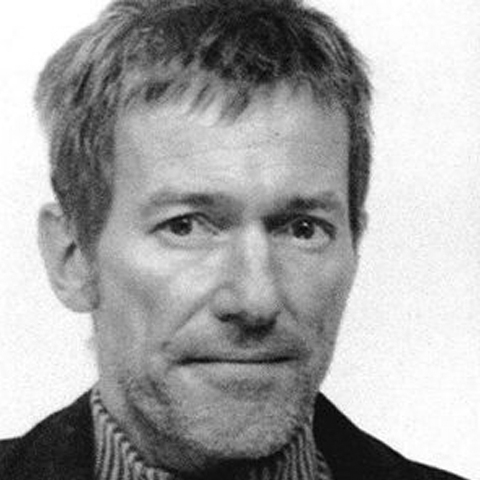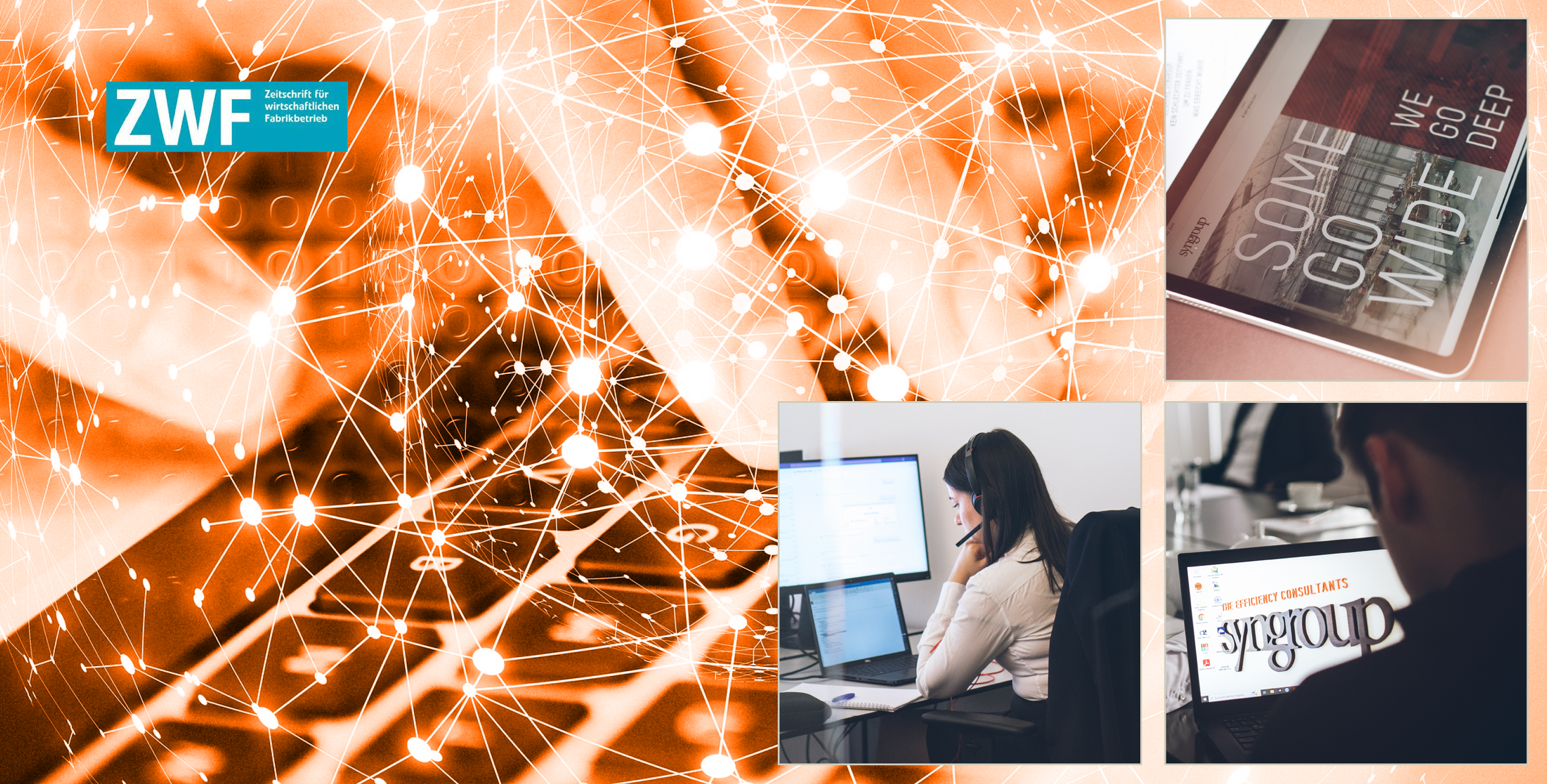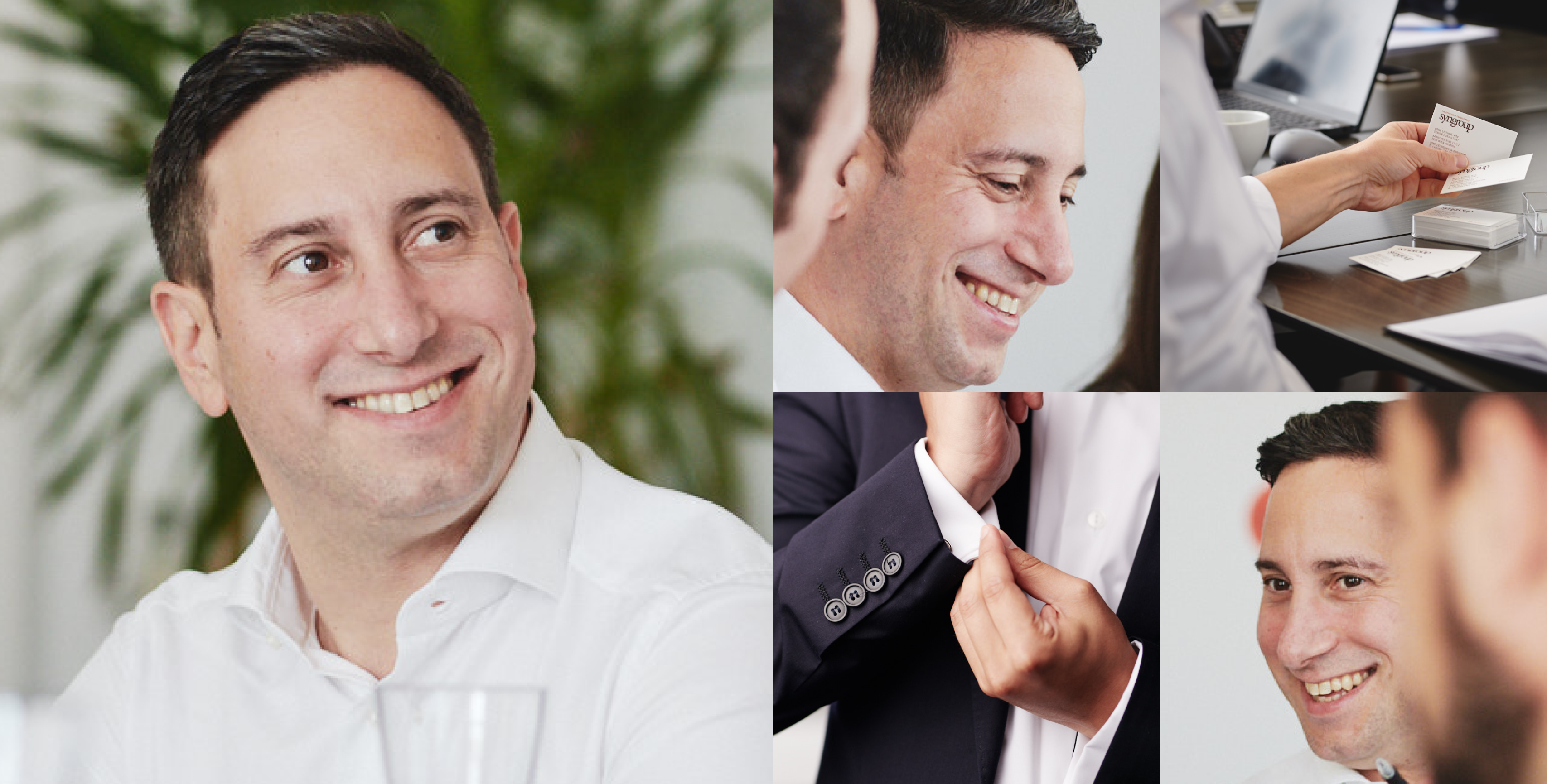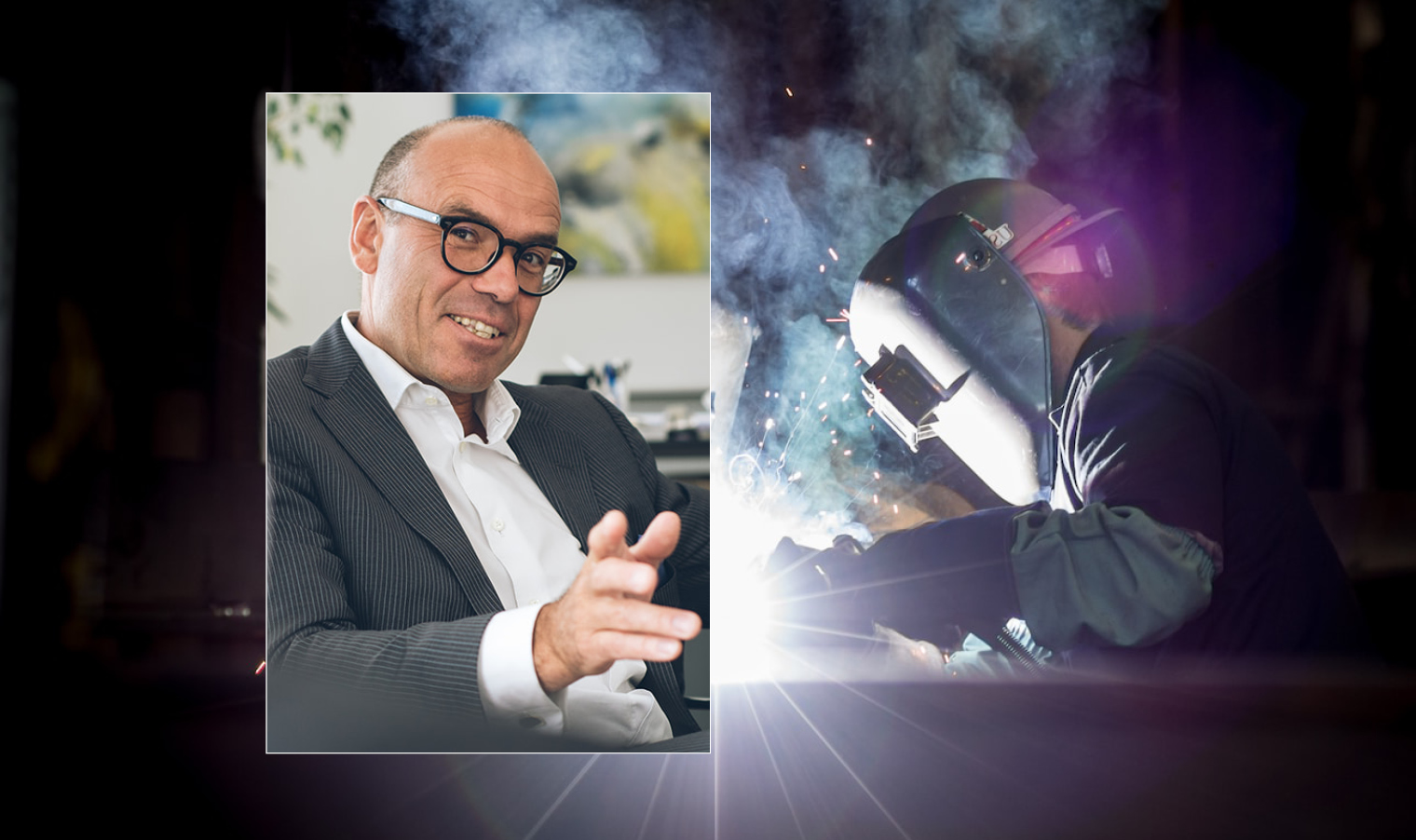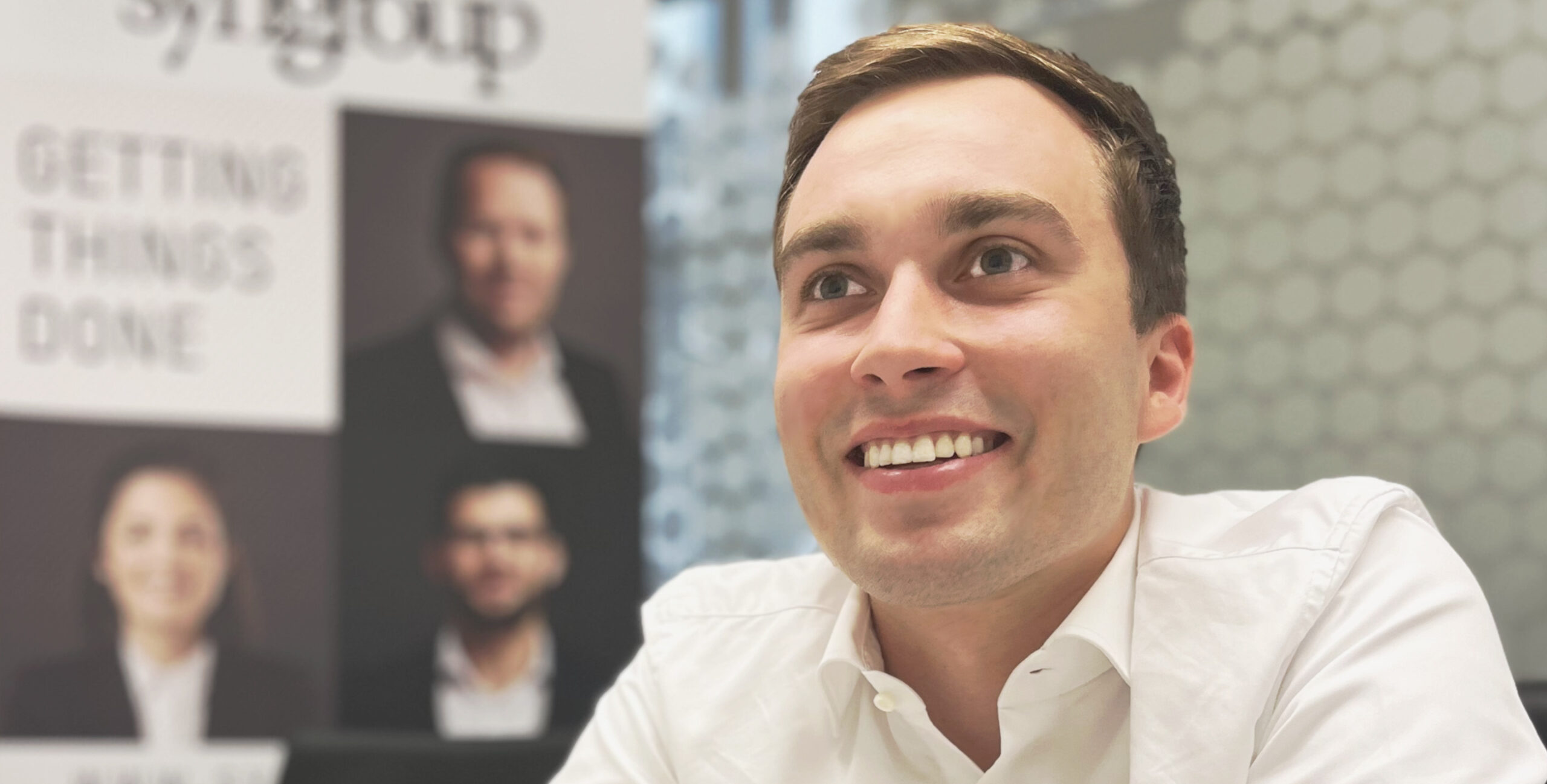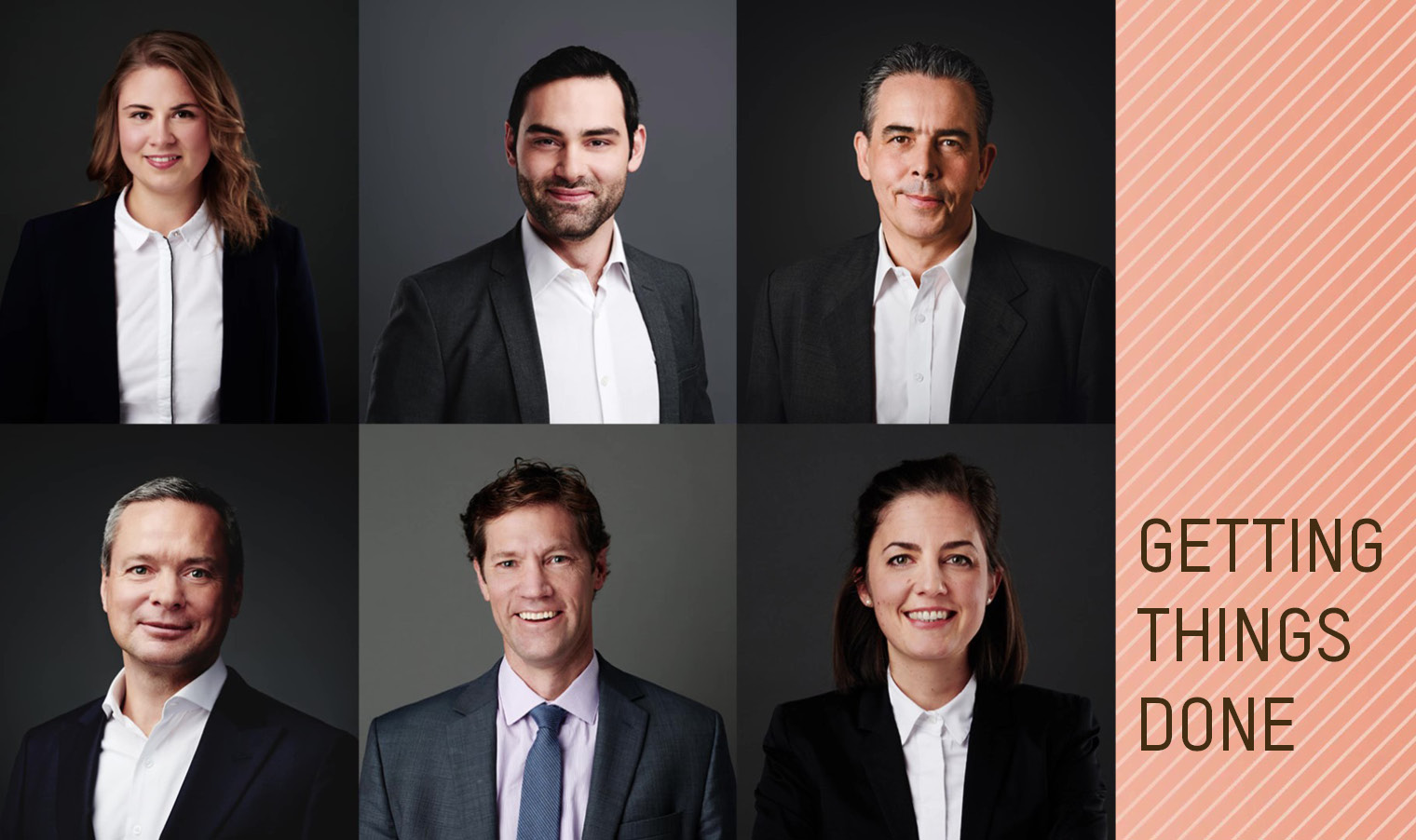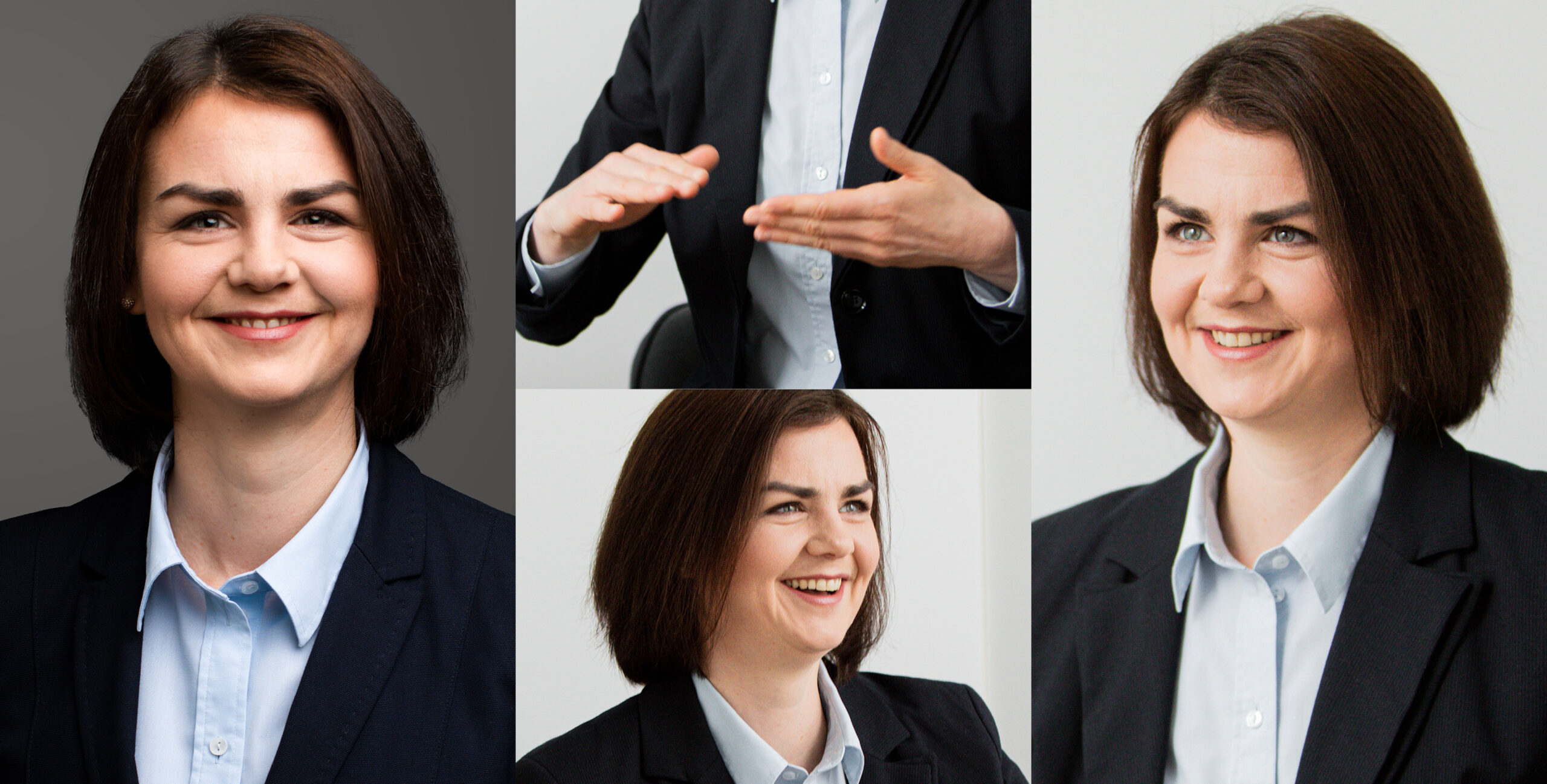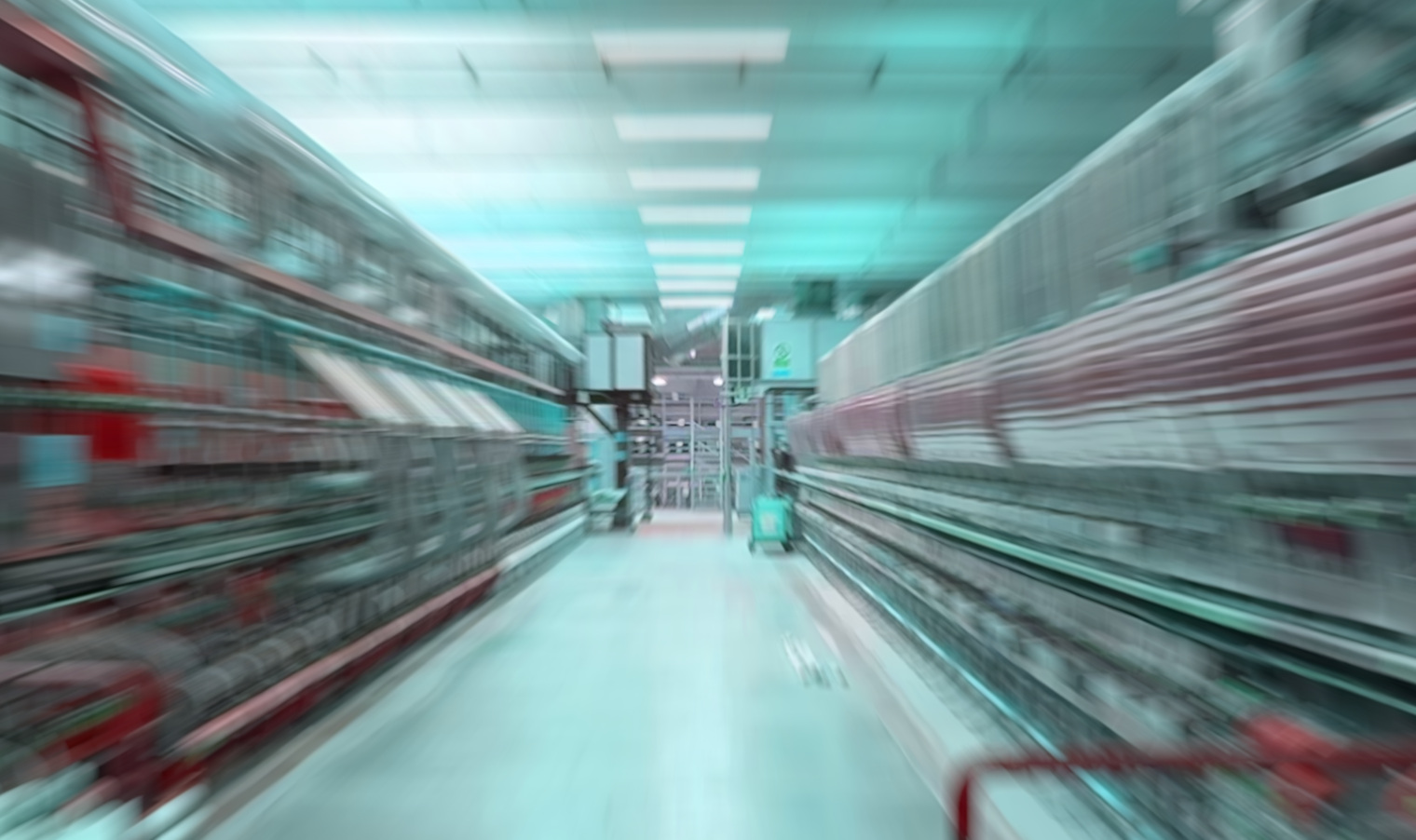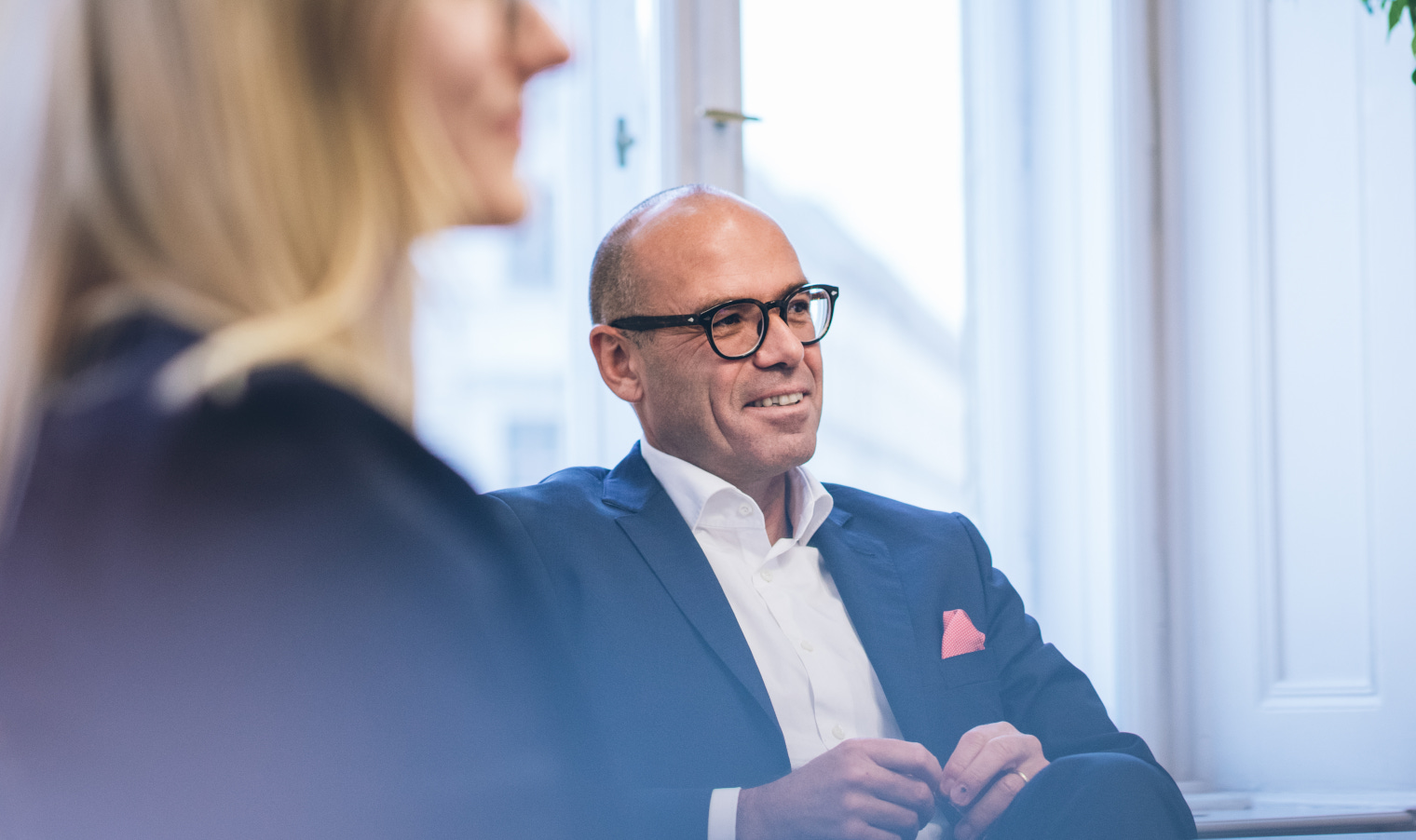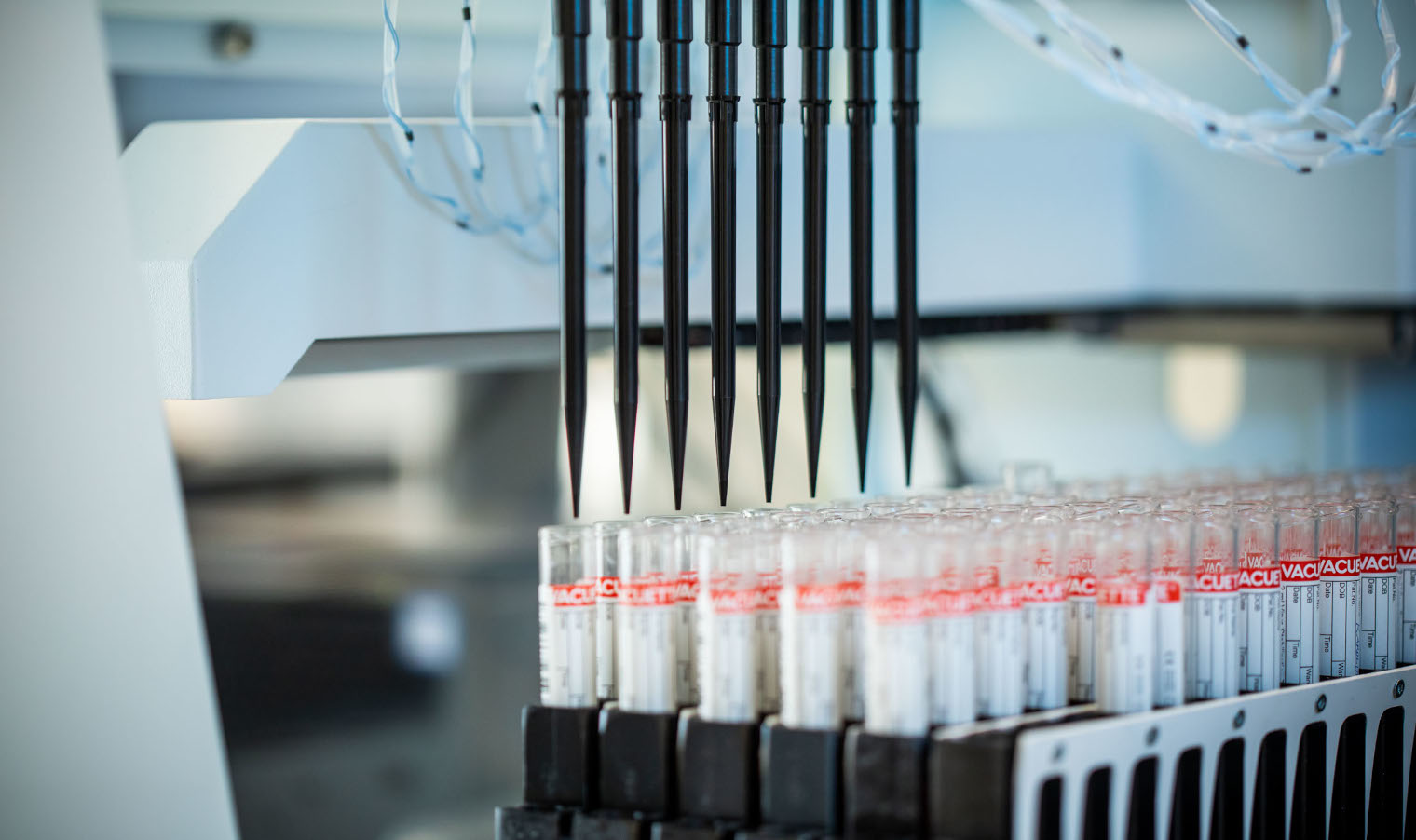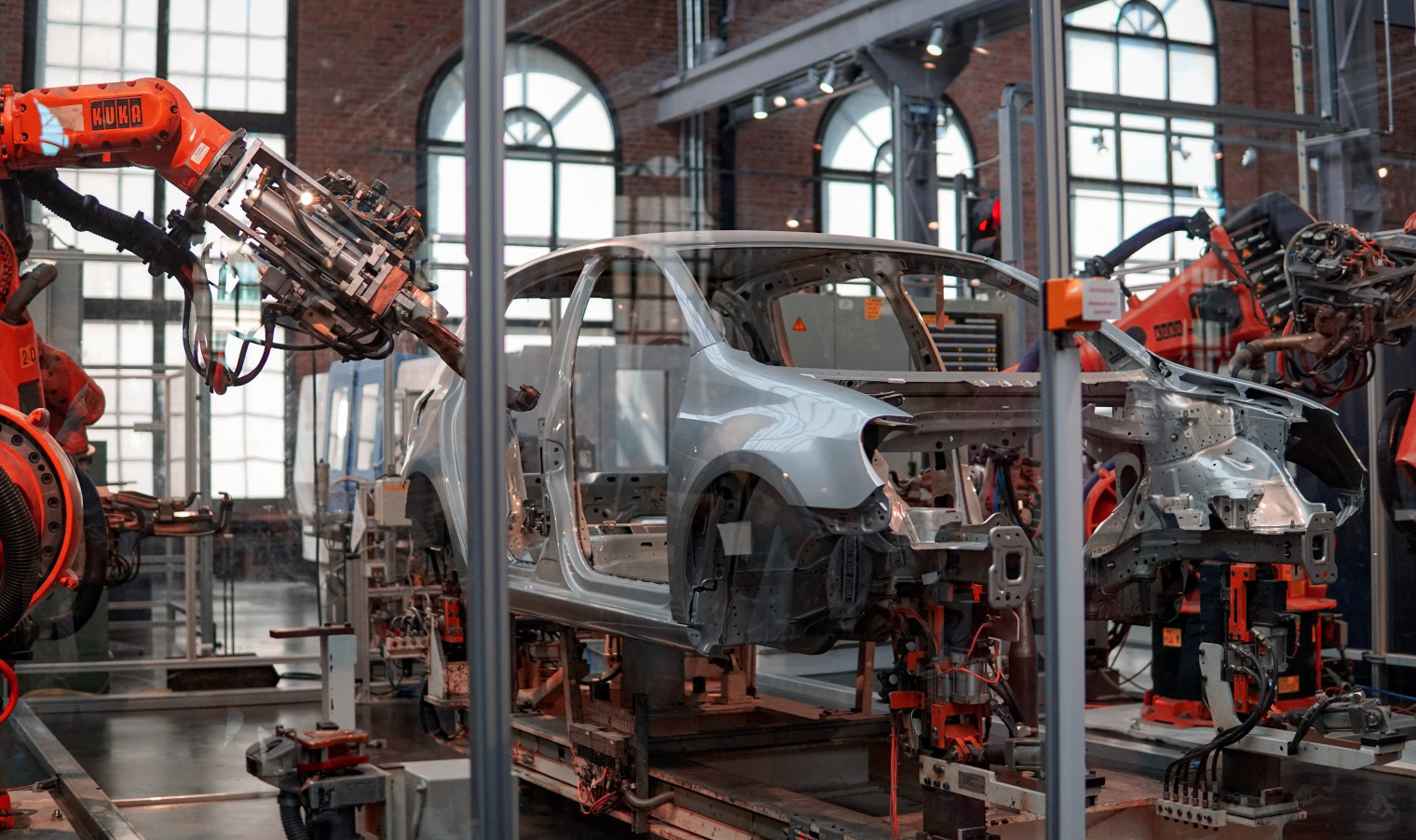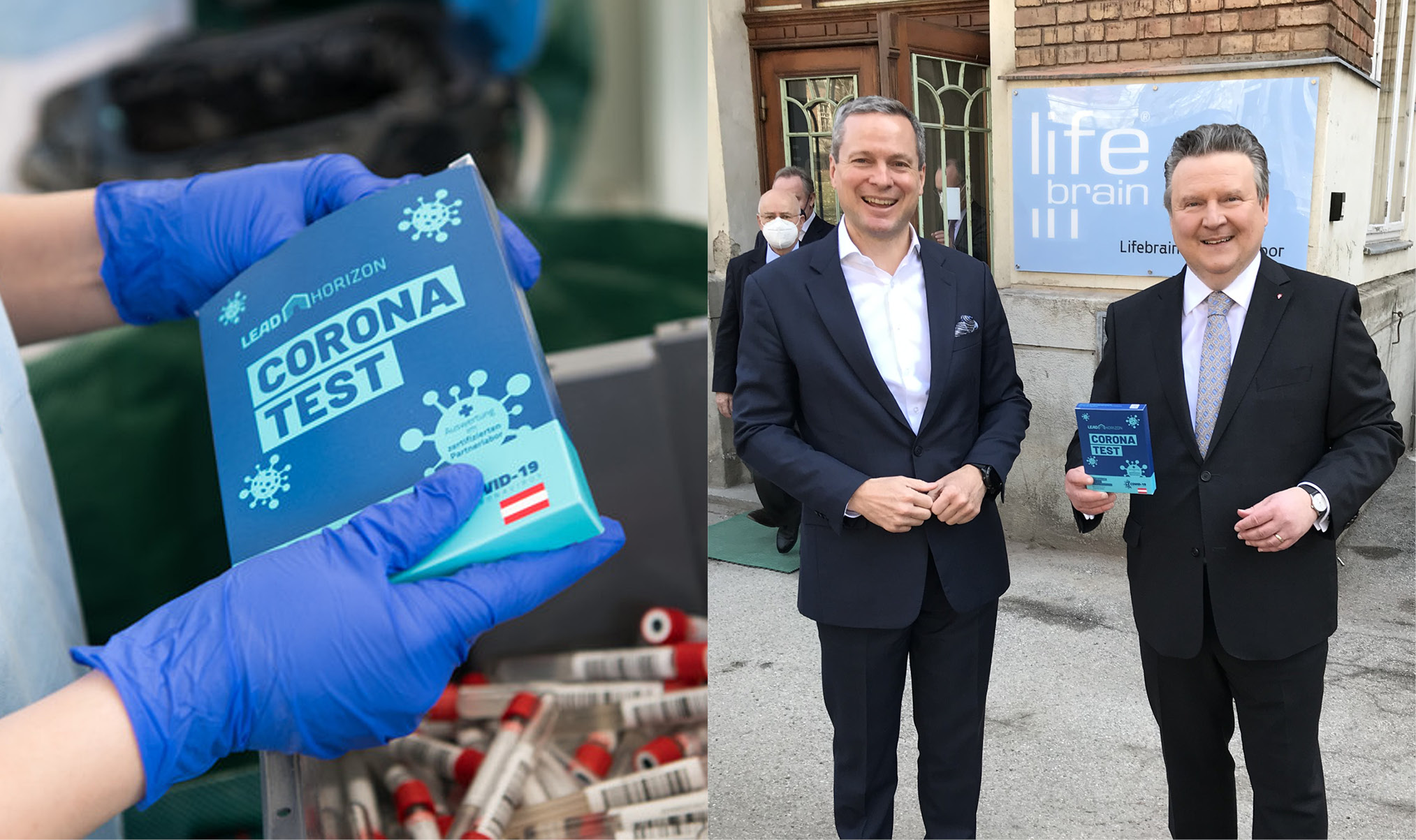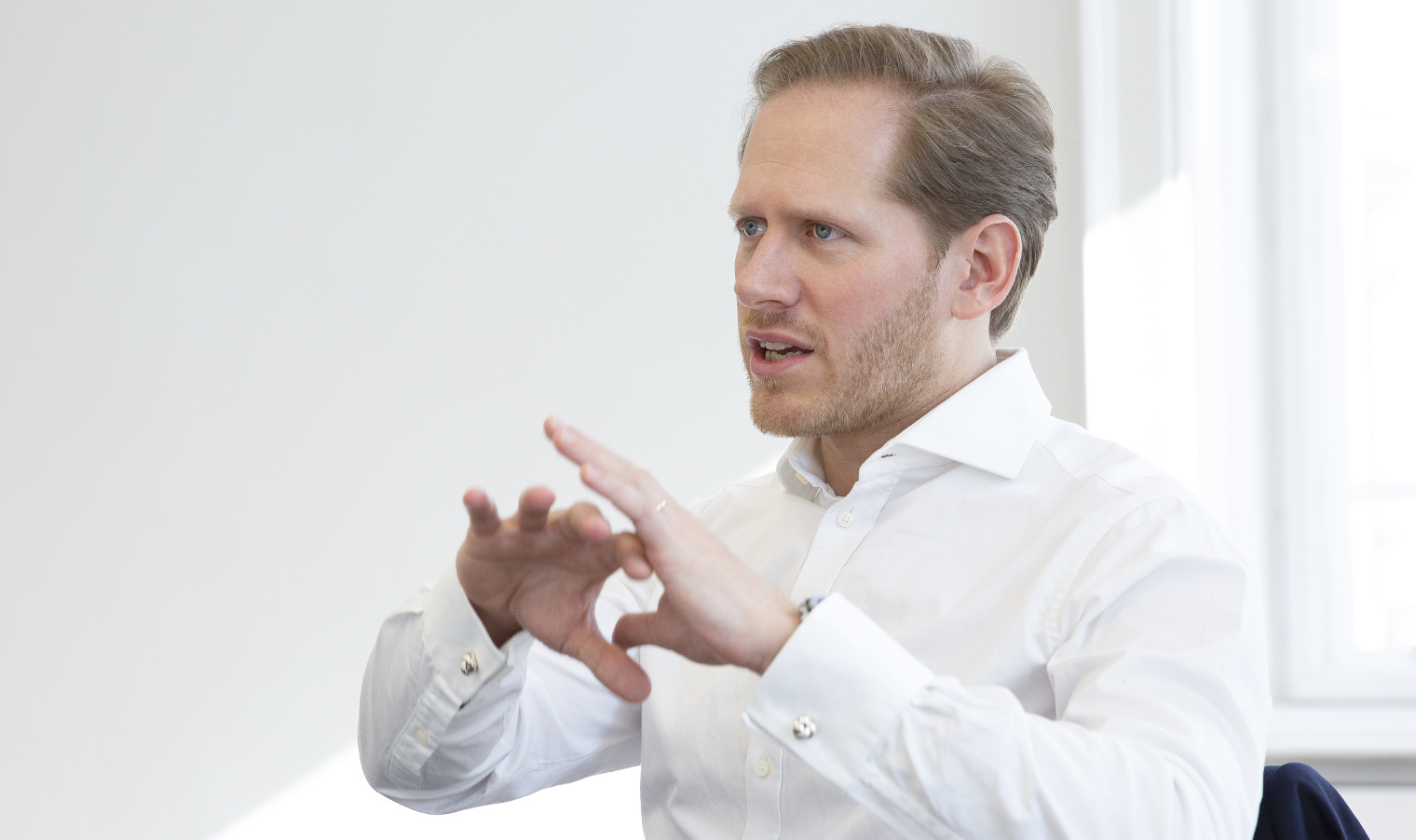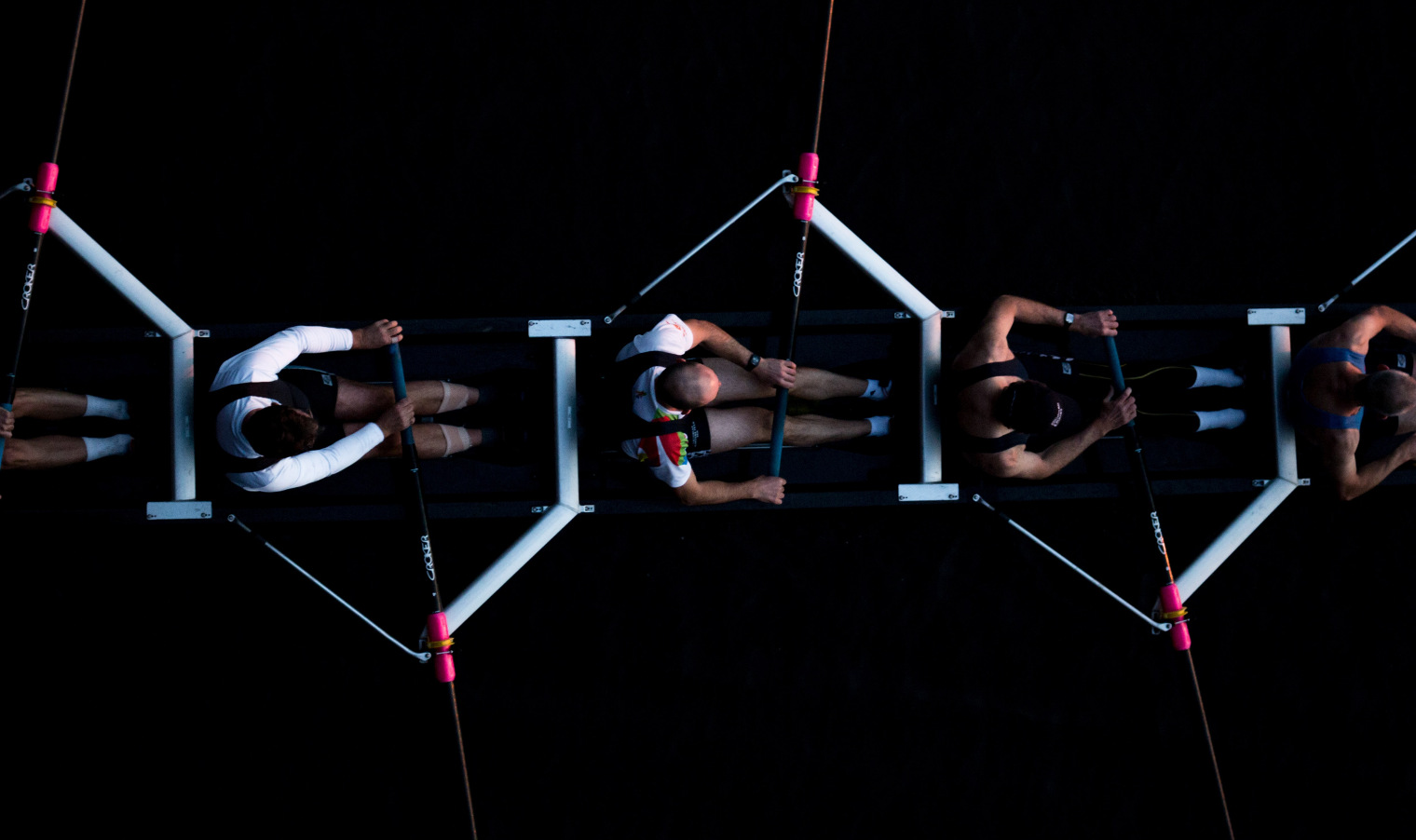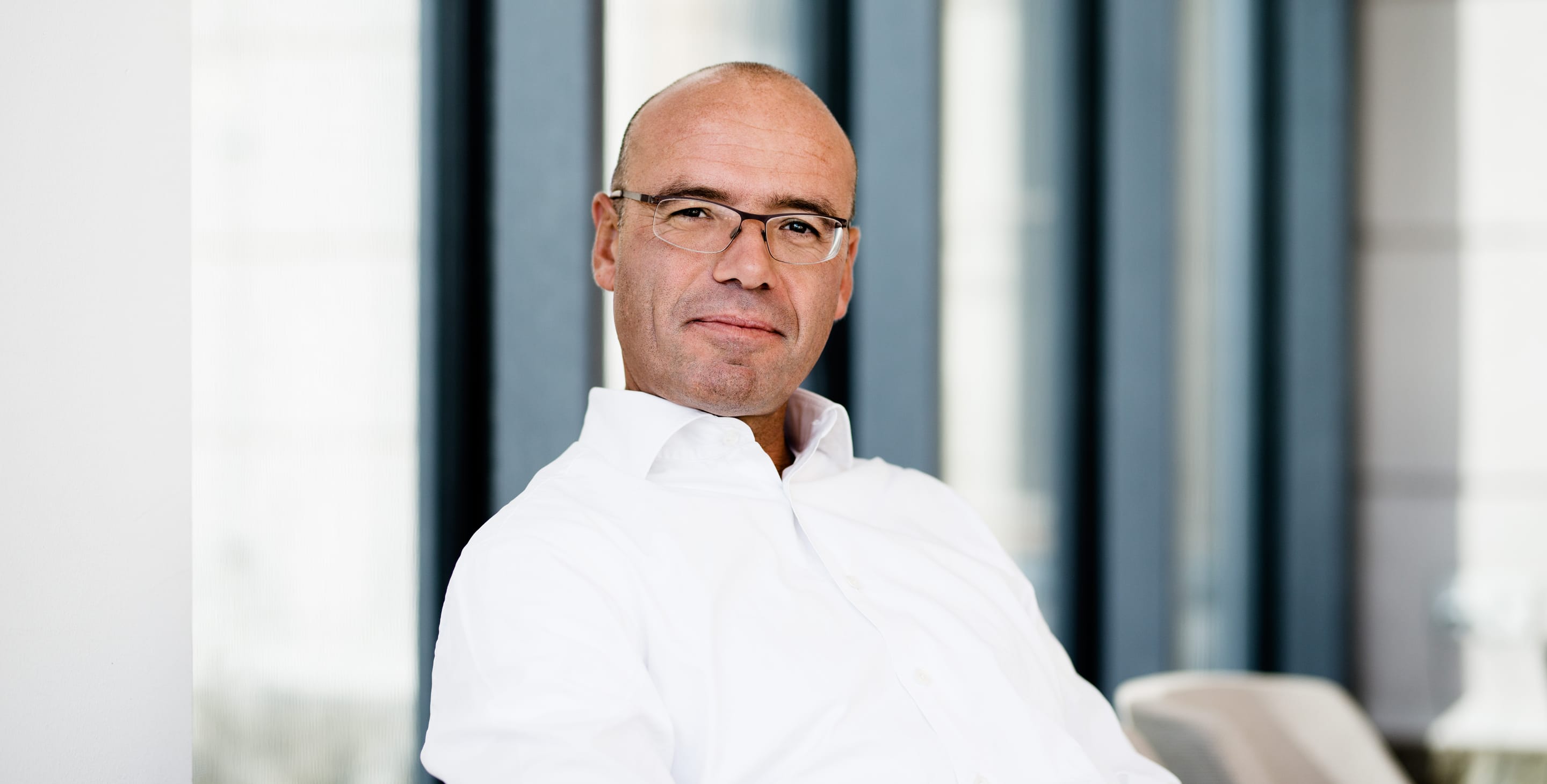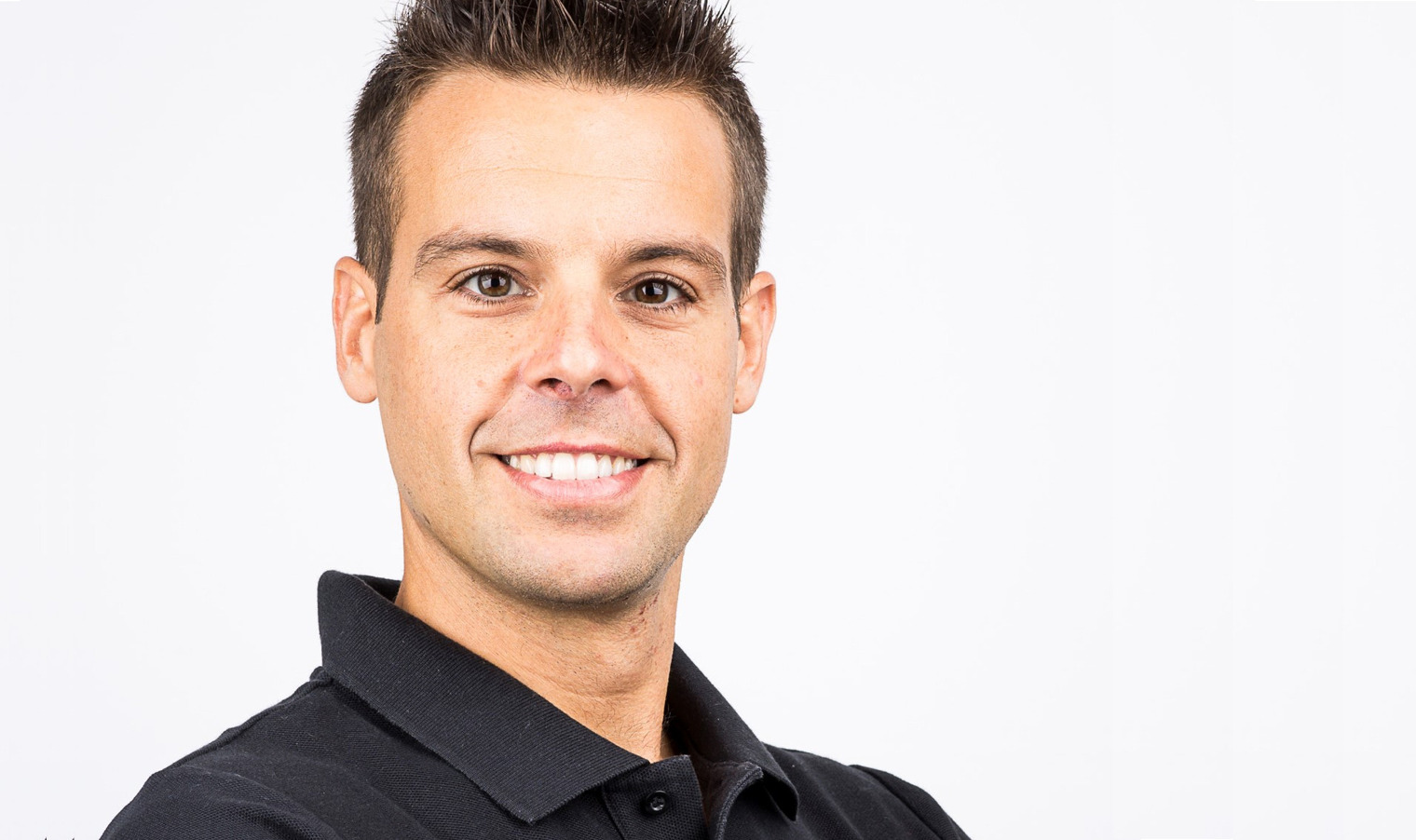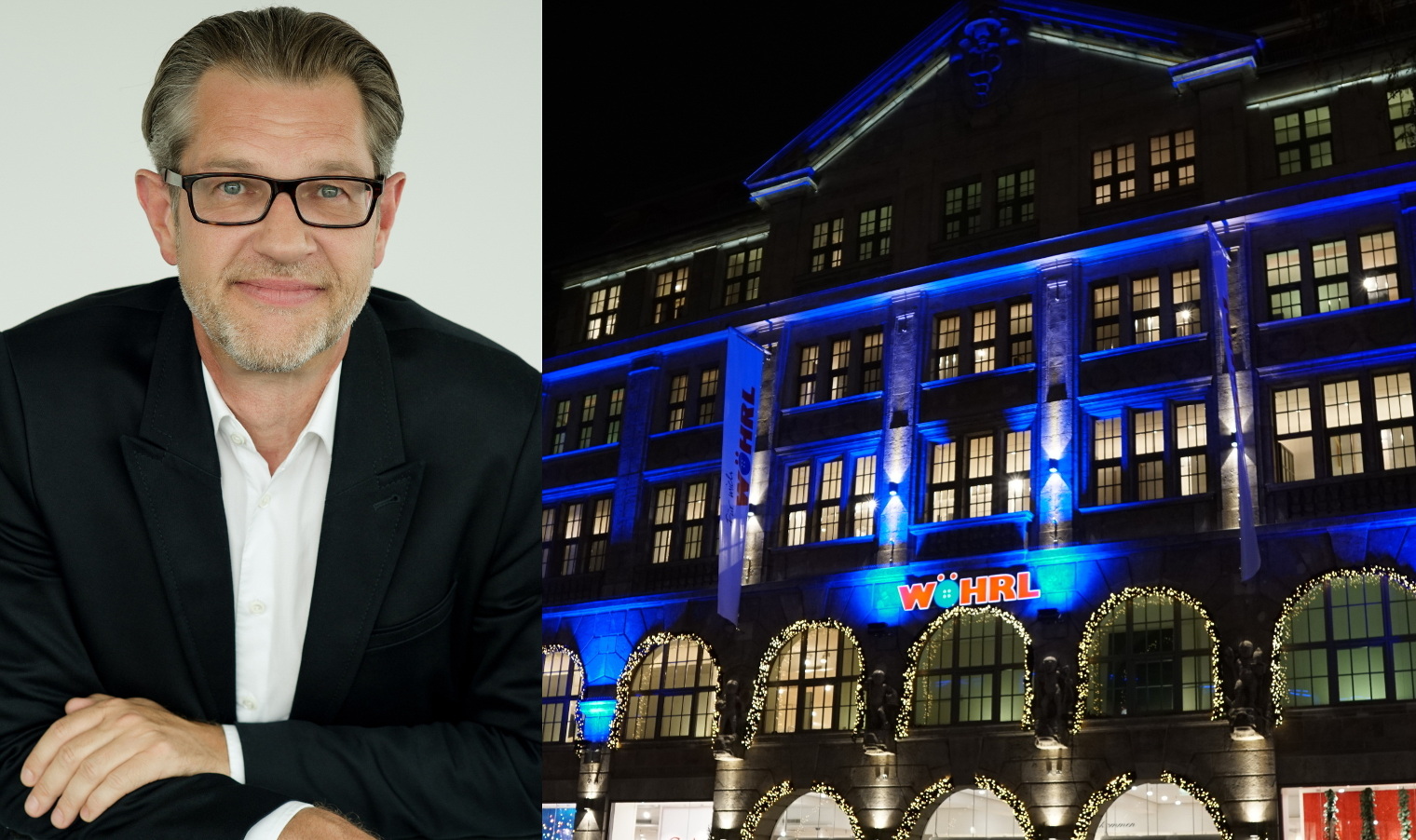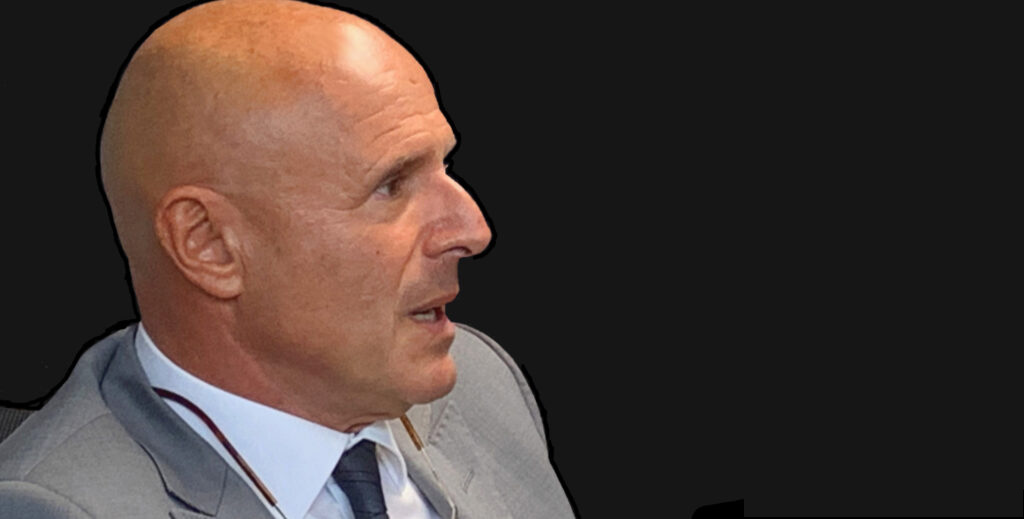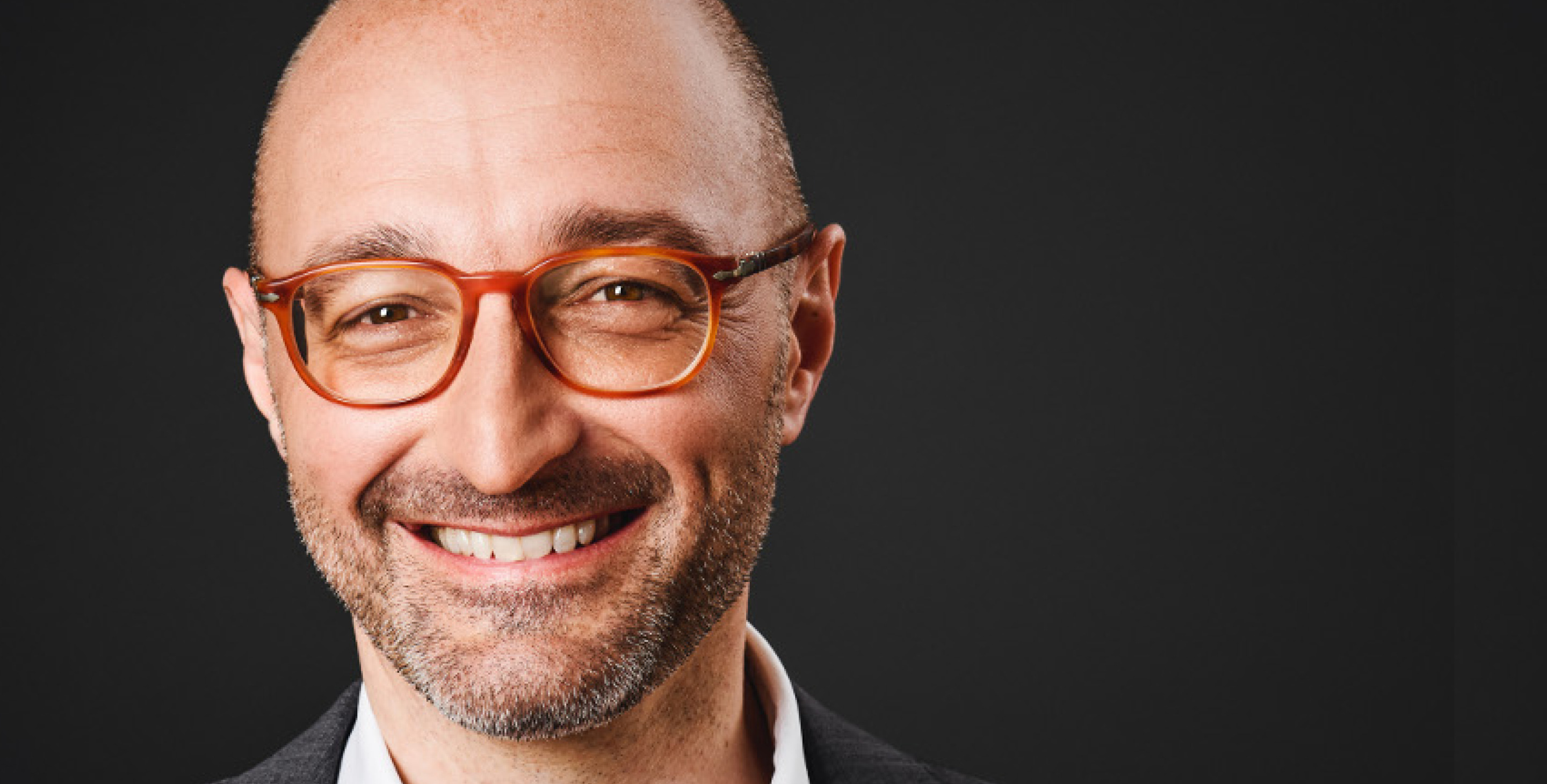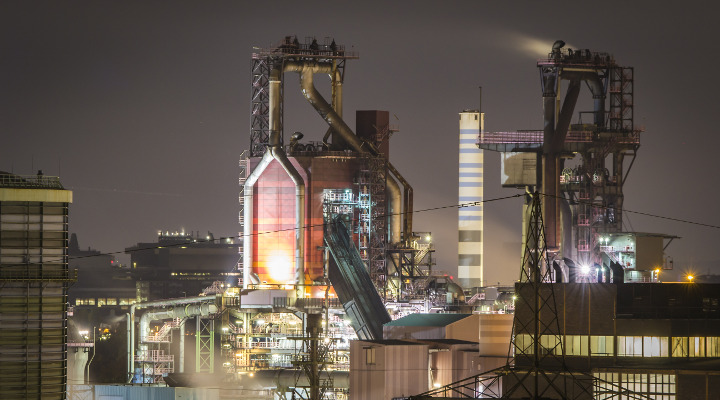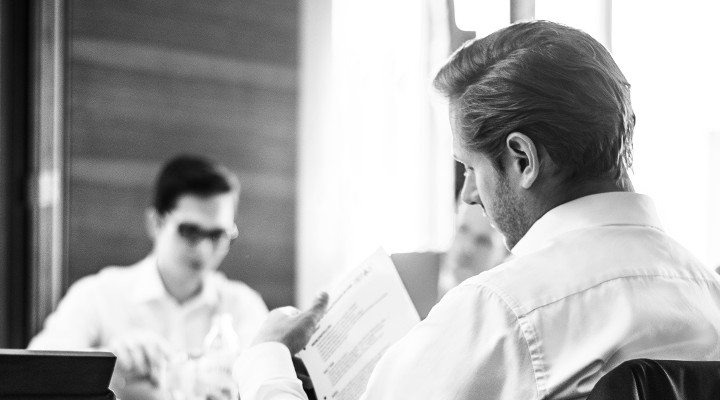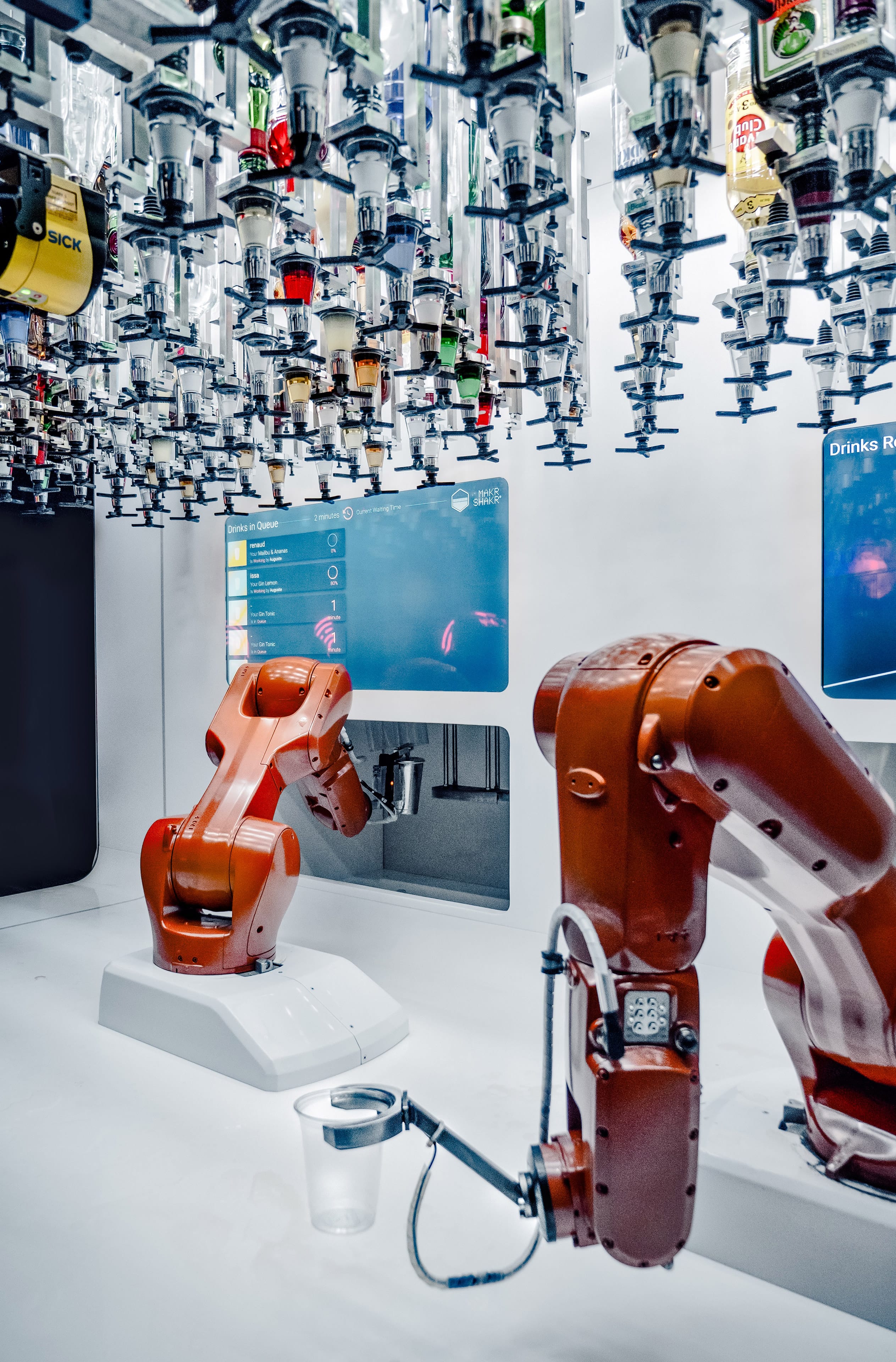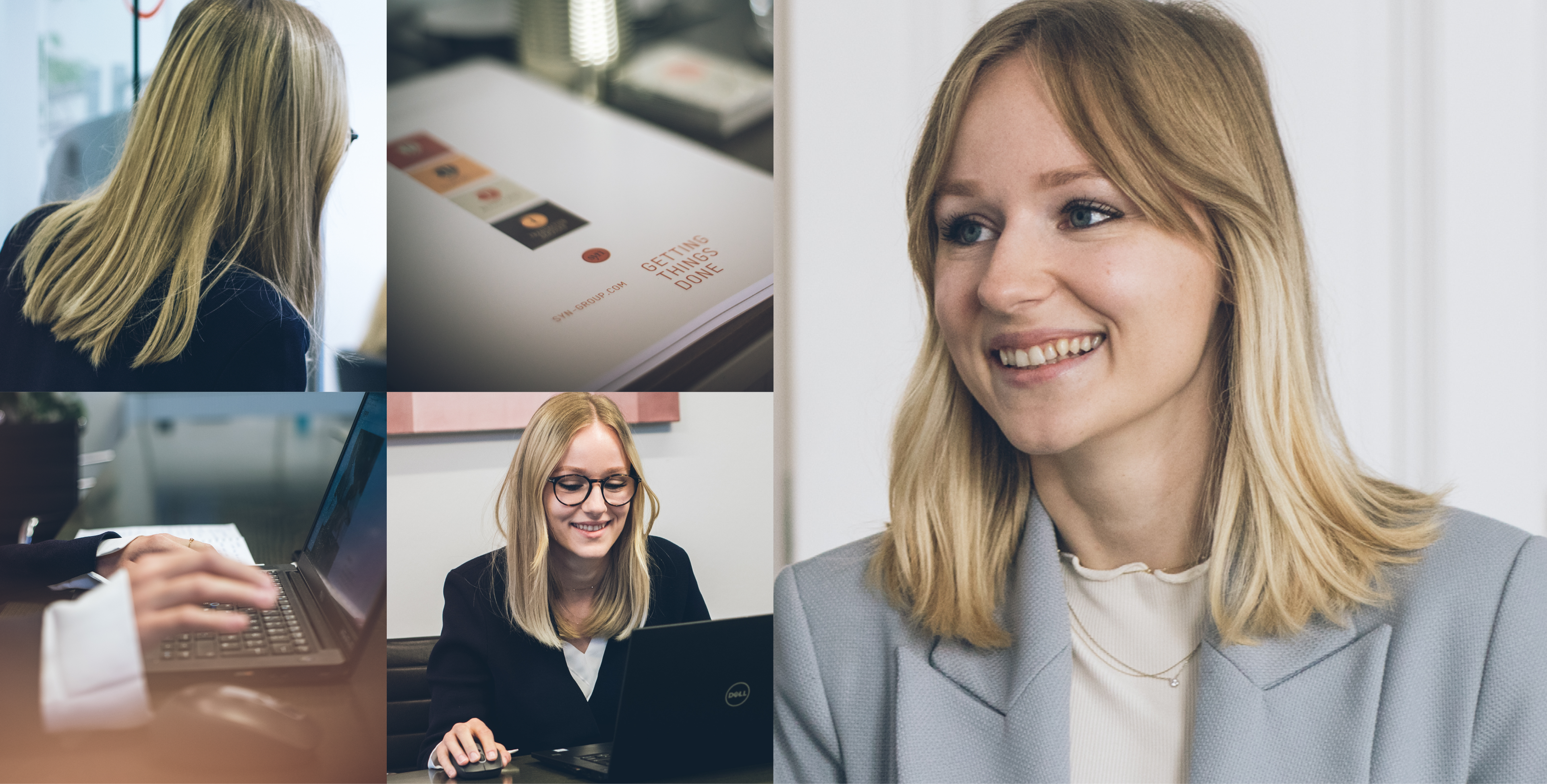
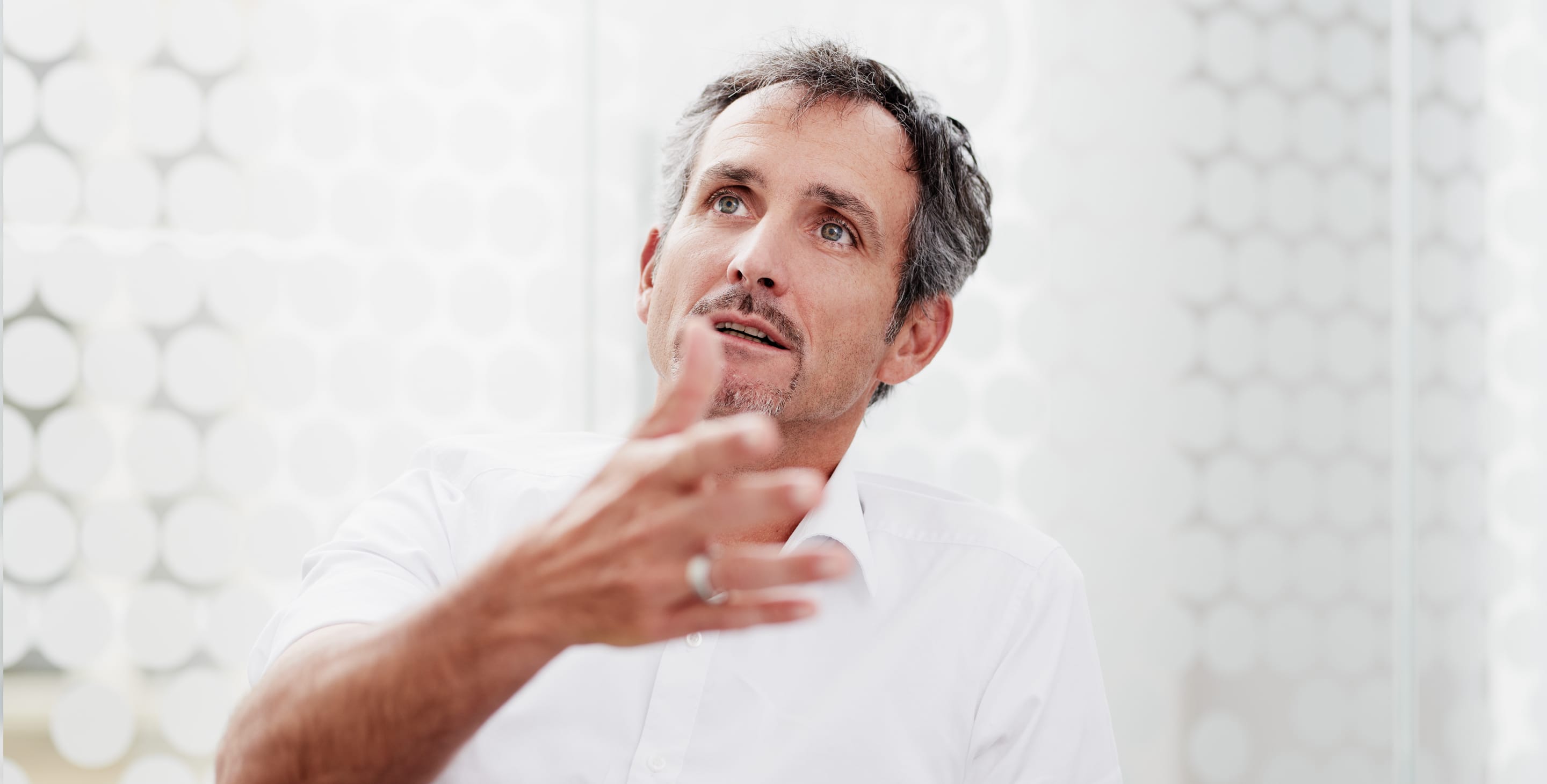
I wouldn‘t say it quite like that. Of course, we have certain functions and positions within Syngroup. But what makes us so strong today as a company, vis-à-vis, our customers is the collaborative and impassioned way in which we all work together as a team. Yes, I am officially responsible for recruitment. But it wouldn’t work if I didn’t have a team of three or four people supporting me to take care of the entire recruitment process: from initial discussions to appointing new consultants, from screening to visibility on the internet. Recruitment is handled by the entire team, otherwise it wouldn’t work.
At the moment I would say, it’s still ok. Of course we notice that it’s getting more difficult. It’s been turning, so to speak, from a buyer’s to a seller’s market lately. Today you have to be on-top of the process because the number of active applications is declining significantly. And today you also have to recruit more directly.
It’s probably a mix of both. Consulting today is certainly not as sexy as it used to be. We’ve been running recruiting events for years, so we’re talking to 30 selected high potentials from several degree programs. In preparation, we ask them to send us questions so that we can prepare ourselves. Of course, we do that so that people can get to know us a little beforehand. We are doing this for the sixth year now. In the beginning there were questions like: What else do I have to be able to do? Which languages are recommended? What additional training is required? So, what do I need to do to become an even better consultant? The main question now is: How can I reconcile the deamnds of consulting with family life? What are my working hours? How often do I have to leave Vienna? You have to try to find a balance.
But I think there is still a certain type of person who likes exactly what we do. The point, of course, is to locate them and be present there. Of course, many new recruits come from the networks of existing colleagues.
Well, you see, this profile can still be extended further. Some of our younger colleagues say: Ok, I don‘t want to work in a large company, I want to work for a small, flexible company, and not work on developing strategy. I want to go exactly where there is some action, where it really happens. This type of individual also enjoys going into detail. They‘re not satisfied with knowing what’s happening on the surface, but are determined to understand what’s really going on beneath the surface, and will question things: the process, the machine, the task, the organization, even existing thought patterns.
I think the strength of a team is defined by the strength of individual players and how they are deployed. Each of our colleagues, including myself of course, has certain strengths and weaknesses. It is the responsibility of our managers to put the teams together in such a way that the members are deployed in the most meaningful way according to their profile and can therefore add most value to the team. We are a diverse company and have a broad base – that’s what defines our quality.
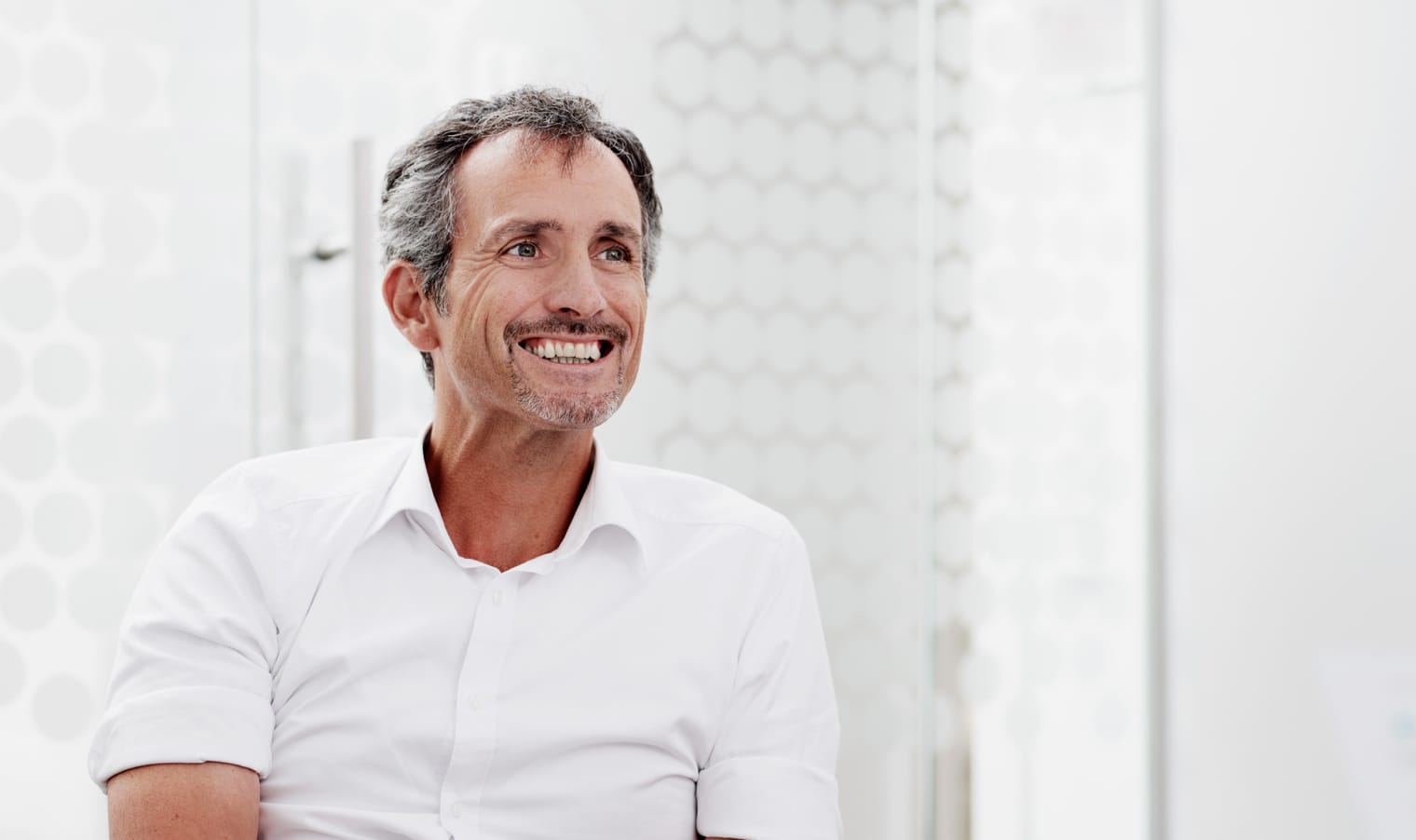
When we talk about sustainability and the environment, we are immediately confronted with the impact of travel: constant flying and driving many kilometres. It would be presumptuous to say that we are making a positive contribution to the environment here. No, certainly not. If you talk to people somewhere in Colombia or Chile, in Vietnam or in China about efficiency and performance, you ask them how do we make things go faster so that we can get more and more output. When you do this you ask yourself the question: What’s the point? But I also see that in many cases we have created a positive basis, an environment in which companies can operate successfully and sustainably in their regions. In doing so, they offer jobs that are more secure, create solid growth and have therefore not only contribute to the development of the region, but also to the development of local people – not least thanks to a more secure job.
That the company will develop over the next 18 years as it has done up until now.
Challenges.
To listen.
That he or she is demanding.
To listen.
It’s hard to say, I think it’s about working together.
The cultural changes and the different kind of people.
For me, it was part of Syngroup’s further development.
From my point of view, the issue of Efficiency or Efficiency Consultants has welded the company together as a team. In my opinion, the majority of colleagues have been able to identify themselves with the term Efficiency Consultants right from the start. Anyway, it‘s difficult to explain what you do as a consultant today. You can identify yourself relatively well with efficiency.
So I’ve always found the topic of innovation too pompous for us, given what we do. When you say innovation, you actually want to generate new growth. However, we are active in an area where it is a matter of making the existing better, more efficient – and not always about creating something new. Of course, we redesign organizations and processes. But all this with a clear focus on improving efficiencies in the short or medium term. Therefore, I believe that when we ask our employees whether we also pass as innovation consultants, as innovation consultants, they would say: No, that doesn’t fit.
